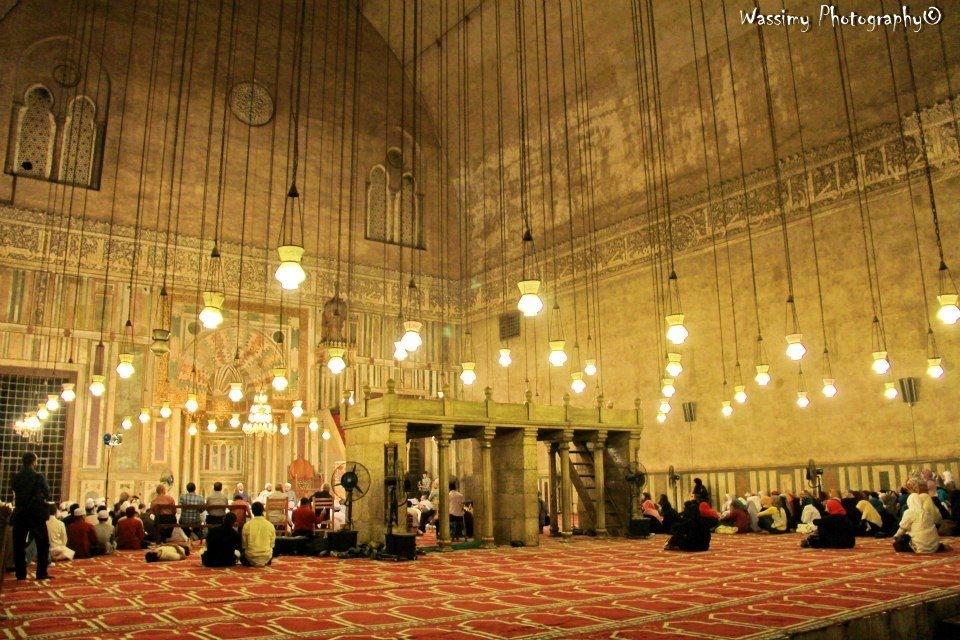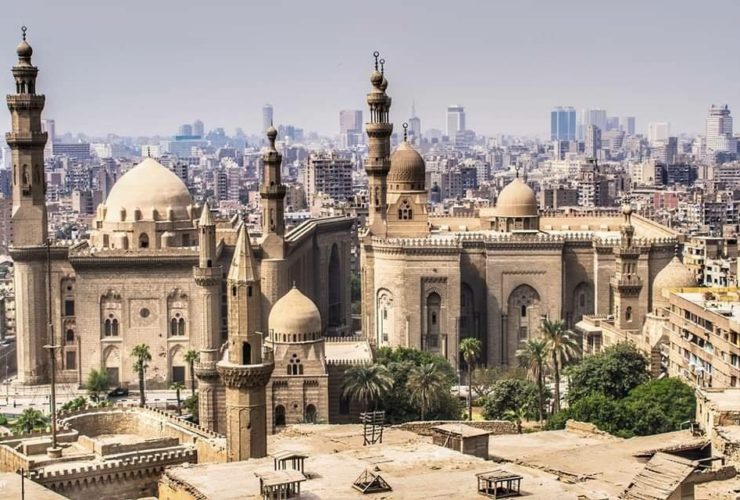Episode 13: Prophetic Models of Coexistence, pt4
This episode talks about the Constitution of Madina and the formation of a plural state under the leadership of the Prophet.
Episode Notes
2:45 – beginning of the migration to Madina
3:48 – building of the first mosque
6:00 – the plurality of Madina
7:08 – the brotherhood program of Madina
10:45 – the constitution of Madina
11:17 – defining boundaries of the new state
11:58 – Quraysh as enemies of the state
13:08 – freedom of religion
13:46 – common source of legislation
15:15 – freedom of movement
16:08 – the Magna Carta
17:25 – concept of citizenship
19:30 – importance of the rule of law and accessibility of law
22:21 – importance of the sanctity of life
25:17 – freedom of religious belief
27:36 – civic action
28:40 – freedom of movement
33:29 – dealing with the hypocrites
Selected Links
Prophet’s Mosque
Muhajirun (Early Meccan Muslims)
Aws & Khazraj
Jews of Madina
Constitution of Madina
Magna Carta
Final Hajj Sermon
Nuremberg tribe
Hypocrites of Madina
Quran mentioned
“We have honored human beings”, 17:70
“Am I not your Lord?”, 7:172
“there is no compulsion in matters of religion”, 2:256
Hadith mentioned
“Even if Fatima the daughter of Muhammad were to steal, etc…”, Abu Dawud
“go you are all free”, Ibn Ishaq
hadith on not killing hypocrites, Bukhari
People mentioned
Fatima al-Zahra
Bilal
keep learning
Understanding the Muslim Mind
If we could take all of Islamic intellectual history, what sort of patterns and principles could we deduce? More importantly, if we found someone who actually knew all this information, what would they look like, think like, talk like, etc.?
What is Usuli Islam?
In The Clock of the Long Now, Stewart Brand argues that religion is one of the most durable institutions of civilization that helps ground us all in timeless values. In his concept of the forces of innovation (rapidly changing) and durability (slow changing) of civilization, religion would definitely be amongst the more slow adapting forces.
MORE




